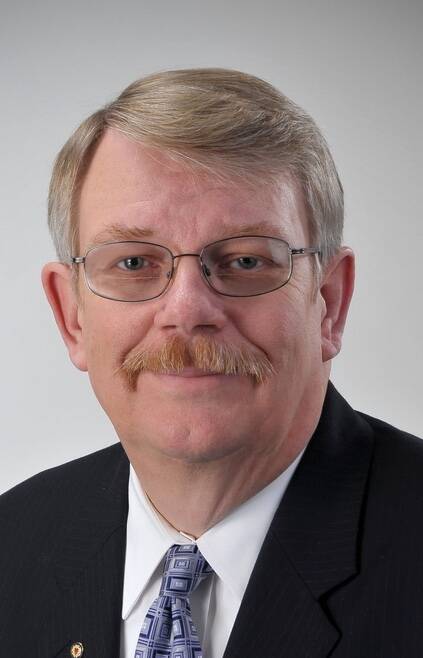
It is a fact of life that each generation rebels against its predecessors.
I will leave it to the psychologists or sociologists to explain why that is and why historically these generations tend to get the rebellion worked out of their system in early adulthood.
Maybe it’s the children and the mortgage that cause a reevaluation of the perfect against the practical. Reality will win out.
I wonder, though, if that generalization is no longer holding true.
Many of my age believe the current generational fissures are unbridgeable chasms capable of overturning our traditional American cultural norms.
It’s nearly impossible to trust that things will work out for the better when all we hear is doom and gloom.
Can it be as bad as all that?
When in doubt about the truthfulness of a proposition, I look for people willing to discuss it with me.
I choose friends with whom I have never talked about this particular issue before.
I don’t want to hear the same old, same old. The last place I want to find myself is in an echo chamber.
So I sought out friends from different generations, in this case what are known as generations X and Y, the latter better known as Millennials.
The sample size for each generation was exactly one, hardly meeting even the most lackadaisical scientific standards but still not meaningless for my purposes.
One friend is of my children’s generation, Generation X. He grew up in west central Indiana in a small city but now lives in Fort Wayne.
He told me what he misses most are front porches and sidewalks. These two things represent to him the neighborliness of his childhood. It was a comfortable and secure space for him.
As we talked, it occurred to me that he was describing the same kind of neighborhood I remembered from my childhood. And I am a Baby Boomer, so we are crossing a generational divide that perhaps no longer exists.
As I think back to the kind of home life my kids had, living in a suburban housing subdivision, it was similar to my own from way back in the Jurassic 1950s.
This younger friend may be wearing the same rose-colored glasses that I do. Regardless, it is instructive that he sees a utopian childhood that is lost yet still one that he wants for his children.
The second interviewee, if I can call him that, was eager to talk about these things. He is a Millennial, a young father with substantial contact with the next generation. I believe these kids are called Generation Z, now moving through high school and college and into adulthood.
His observation is that the Generation Z young people are reacting against the cultural and political excesses of the Millennials and their fellow travelers in the cultural wars.
He senses that this reaction is becoming more virulent as they rebel against the nihilistic philosophy of their older siblings. His insight reminded me of the pendulum on our grandfather clock, moving relentlessly from one extreme of its path to the other. At least that analogy is better than that of Poe’s “The Pit and the Pendulum” and its impending doom.
Now the above statements are all generalizations, and all generalizations are false including this one, as Mark Twain quipped. Remember, though, that generalizations are observations about what is often true. Absolute certainty is hard to come by; we all have learned to live our lives using our best judgment of what we see and hear and then drawing the optimal conclusion. “You can observe a lot just by watching,” as my favorite 20th century philosopher, Yogi Berra, instructed us.
Both of my friends are serious students of the human condition, well read and disciplined thinkers, so I trust their perspectives.
Since I tend to be optimistic, I prefer to find reasons for hope rather than despair. I pray my Millennial friend is right in his prediction about the pendulum, but the curmudgeon in me would like to figure out how to stop the pendulum at that sweet spot my Generation X friend wants to relive for the benefit of his children and my grandchildren.
Mark Franke, an adjunct scholar of the Indiana Policy Review and its book reviewer, is formerly an associate vice-chancellor at Indiana University-Purdue University Fort Wayne. Send comments to [email protected].